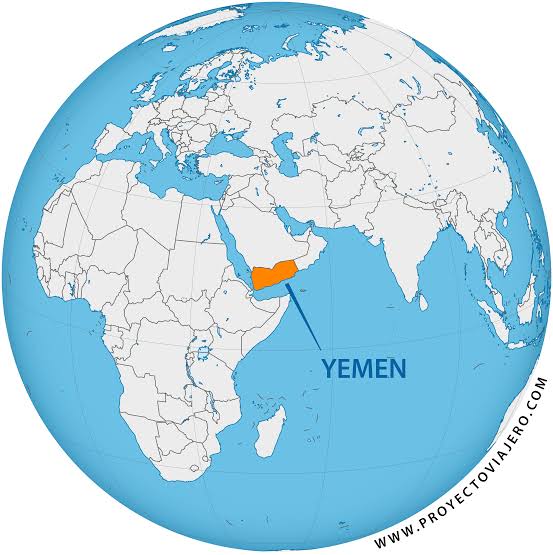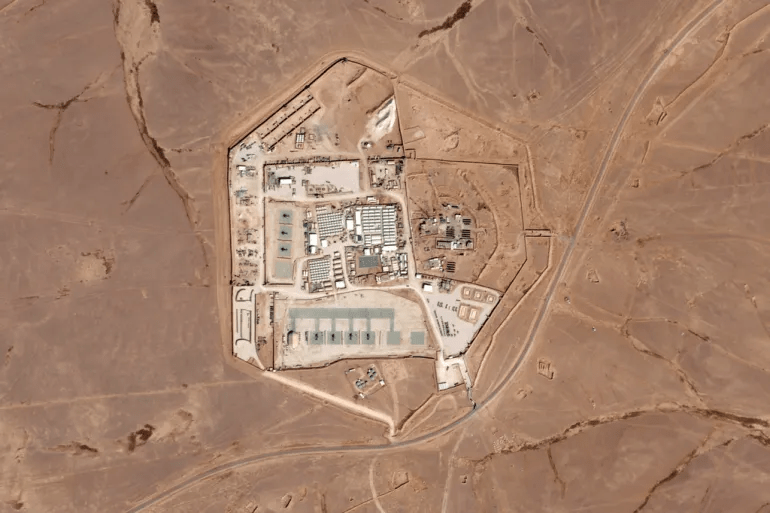In a world that increasingly demands our attention to complex international affairs, recent developments highlight the ongoing conflicts and strategic actions taken by nations on the global stage. Here’s a breakdown of some of some recent news item:
- RAF Strikes in Yemen
In a significant military operation, the UK’s Royal Air Force deployed Typhoon jets to execute precision strikes on Houthi military targets in Yemen. This action by the UK, as announced by Prime Minister Rishi Sunak, underscores a robust response to the Houthi’s aggressive maneuvers against international and British maritime assets. The operation aimed at weakening the military capabilities of the Houthis, signaling the UK’s commitment to safeguarding international maritime security and protecting civilian lives from the repercussions of Houthi aggressions.
- Who: UK Prime Minister Rishi Sunak and the Royal Air Force (RAF)
- What: RAF Typhoon jets conducted successful strikes on specific Houthi military targets in Yemen.
- When: The announcement was made recently, without specifying the exact date of the strikes.
- Where: Yemen
- Why: The strikes aimed to degrade the Houthis’ capabilities, in response to attacks on UK and international vessels, which Sunak described as “unacceptable.” He emphasized the duty to protect innocent lives and preserve freedom.

2. International Relations Expert Critiques UK and US Strikes
Dr. Amal Saad’s critique of the recent UK and US military strikes against the Houthis in Yemen brings to light the complexities of international interventions. According to Saad, such actions have not only failed to deter Houthi aggression but have possibly exacerbated the situation, leading to an expansion of targets to include any ships linked to the US and UK. This perspective challenges the effectiveness of military responses in addressing the nuanced dynamics of regional conflicts and raises questions about the long-term implications of these strategies.
- Who: Dr. Amal Saad, international relations lecturer at Cardiff University
- What: Criticism of the UK and US strikes on Houthi targets
- When: Comments made shortly after the announcement of the strikes
- Where: BBC News channel
- Why: Dr. Saad argues the strikes are counterproductive, noting an increase in Houthi attacks on ships linked to the US and UK. She emphasizes the Houthis’ autonomy and dismisses the notion of a simple proxy relationship with Iran.
3. UK Statement on Iran
Following a drone attack that resulted in the death of three US soldiers in Jordan, UK Foreign Secretary David Cameron has articulated a firm stance towards Iran. The UK’s decision to conduct further airstrikes in Yemen, targeting Iranian-backed Houthis, is part of a broader strategy to hold Iran accountable for its indirect involvement in regional destabilization efforts. Cameron’s dialogue with Iran’s foreign minister highlights the complexities of diplomatic relations and the challenges of addressing proxy warfare in the Middle East.
- Who: UK Foreign Secretary David Cameron
- What: Statement on holding Iran accountable for its proxies’ actions
- When: Prior to the recent strikes in Yemen
- Where: Interview with The Sunday Times
- Why: Cameron’s comments follow a drone attack in Jordan, attributed to Iranian-backed forces. He asserts a clear message needs to be sent to Iran regarding its unacceptable actions through proxies.

4. Joint US-UK Strikes and Houthi’s Resolve
The latest round of joint US-UK military strikes targeting the Houthis in Yemen marks a continued effort to curb the group’s capabilities amidst the ongoing Israel-Gaza conflict. Despite the strategic intent to deter Houthi activities, especially their disruptive attacks on Red Sea shipping, there’s a growing consensus among experts that such military interventions may not achieve the desired effect. The Houthis’ commitment to their cause, despite international pressure, underscores the resilience and complexity of non-state actors in modern conflicts.
- Who: The US and UK governments
- What: A third round of joint strikes on Houthi targets
- When: Overnight, prior to the announcement
- Where: Across 13 locations in Yemen
- Why: The strikes aimed to deter the Houthis and degrade their capabilities, in light of attacks on shipping in the Red Sea related to the Israel-Gaza war. Despite these efforts, experts warn the Houthis are unlikely to be deterred.
5. US-led Coalition Strikes in Syria and Iraq
The US-led coalition’s recent airstrikes in Syria and Iraq, particularly against an ammunition storage facility in Eastern Syria, represent a tactical move in the broader campaign against Iran-backed groups. The destruction of the facility, verified through satellite imagery, indicates the precision and intelligence-driven nature of these operations. These strikes, while a response to specific provocations, also reflect the ongoing tensions between the US and Iran, manifesting in proxy battles across the region.
- Who: US-led coalition
- What: Strikes on an ammunition storage facility and other targets
- When: Friday, 2 February
- Where: Syria and Iraq, particularly in Eastern Syria
- Why: The operation targeted Iran-backed groups, following a deadly drone attack on a US military base in Jordan. Satellite images confirmed the destruction of the facility in Ayyash, Syria.
6. RAF Aircraft Deployed for Strikes Against Houthi Targets
The deployment of RAF aircraft from a Cyprus airbase for operations against the Houthis in Yemen is part of an ongoing campaign by the UK and US to counteract Houthi aggression. The sustained military engagement highlights the strategic importance of diminishing the Houthis’ ability to threaten maritime security and disrupt international trade routes. These efforts, while aimed at safeguarding global commerce and upholding international norms, also illustrate the challenges of achieving lasting peace in conflict-ridden areas.
- Who: UK Ministry of Defence
- What: Deployment of RAF aircraft for strikes
- When: Since 11 January
- Where: From an airbase in Cyprus, targeting Yemen
- Why: Part of joint UK and US efforts to counter Houthi rebel activities.
Source:
- BBC News Live Updates Today. (2024, 4 febrero). BBC. https://www.bbc.com/news/live/world-68144478
- ChatGPT. (n.d.). OpenAI. https://chat.openai.com/#









No responses yet